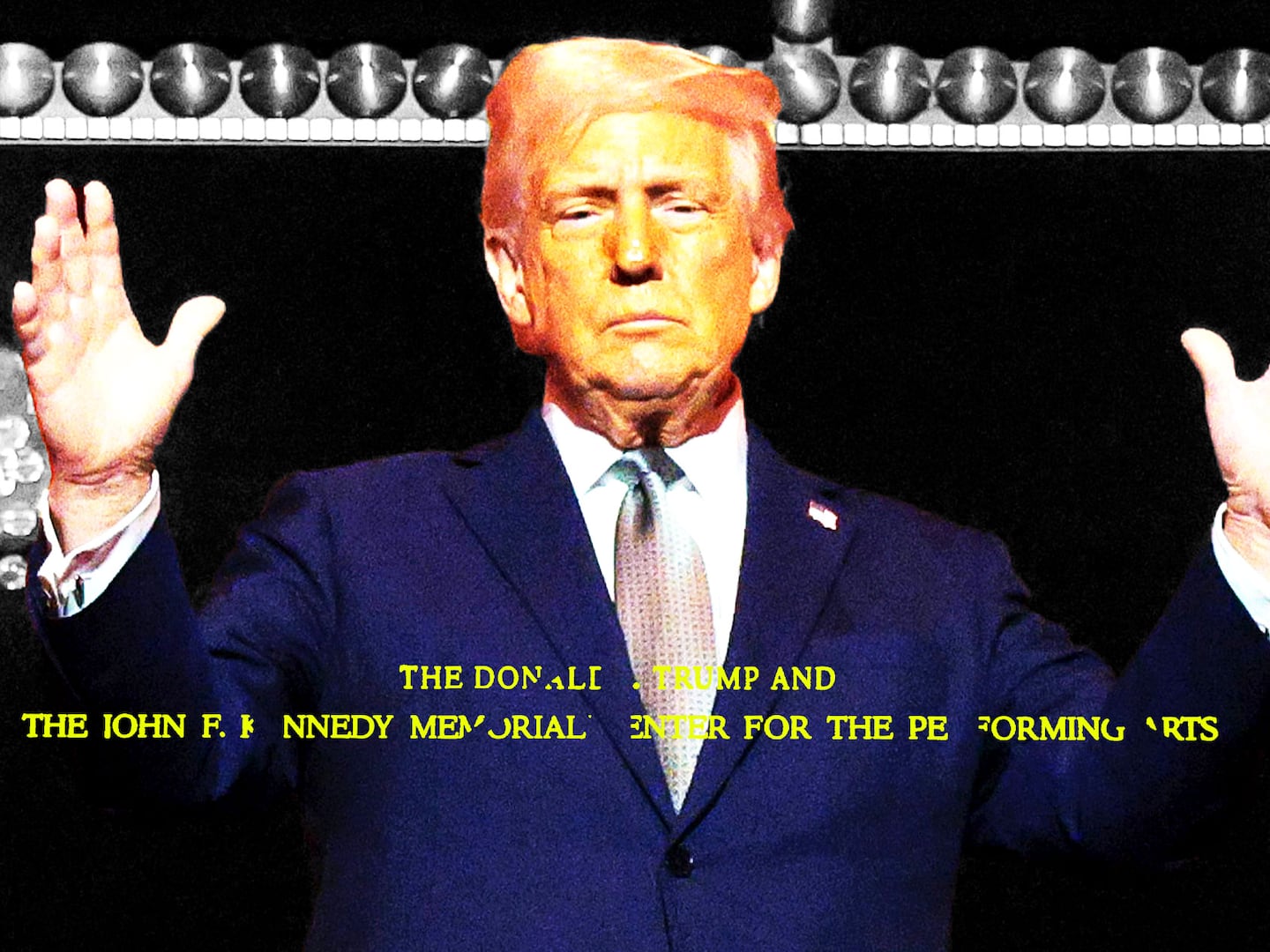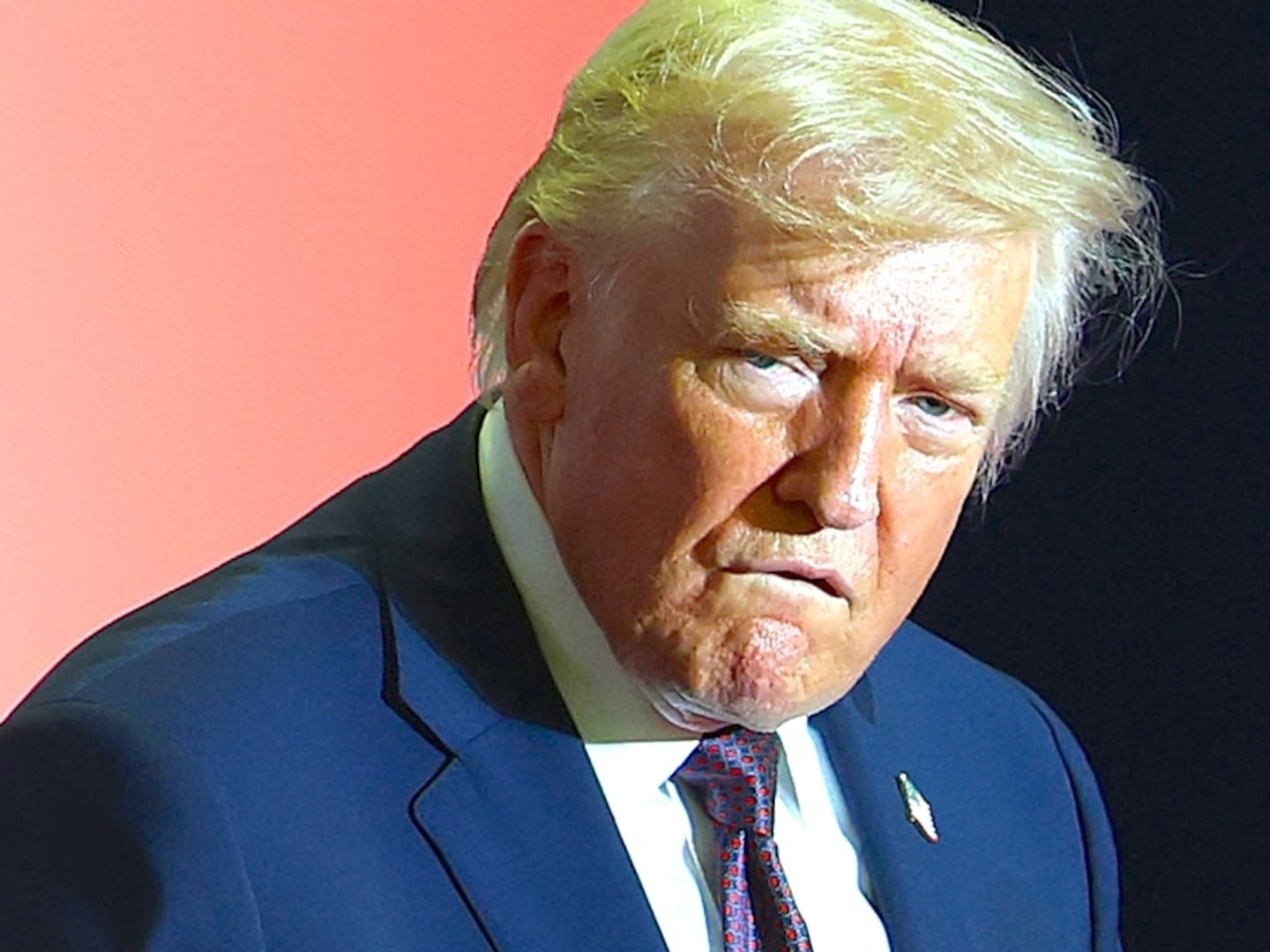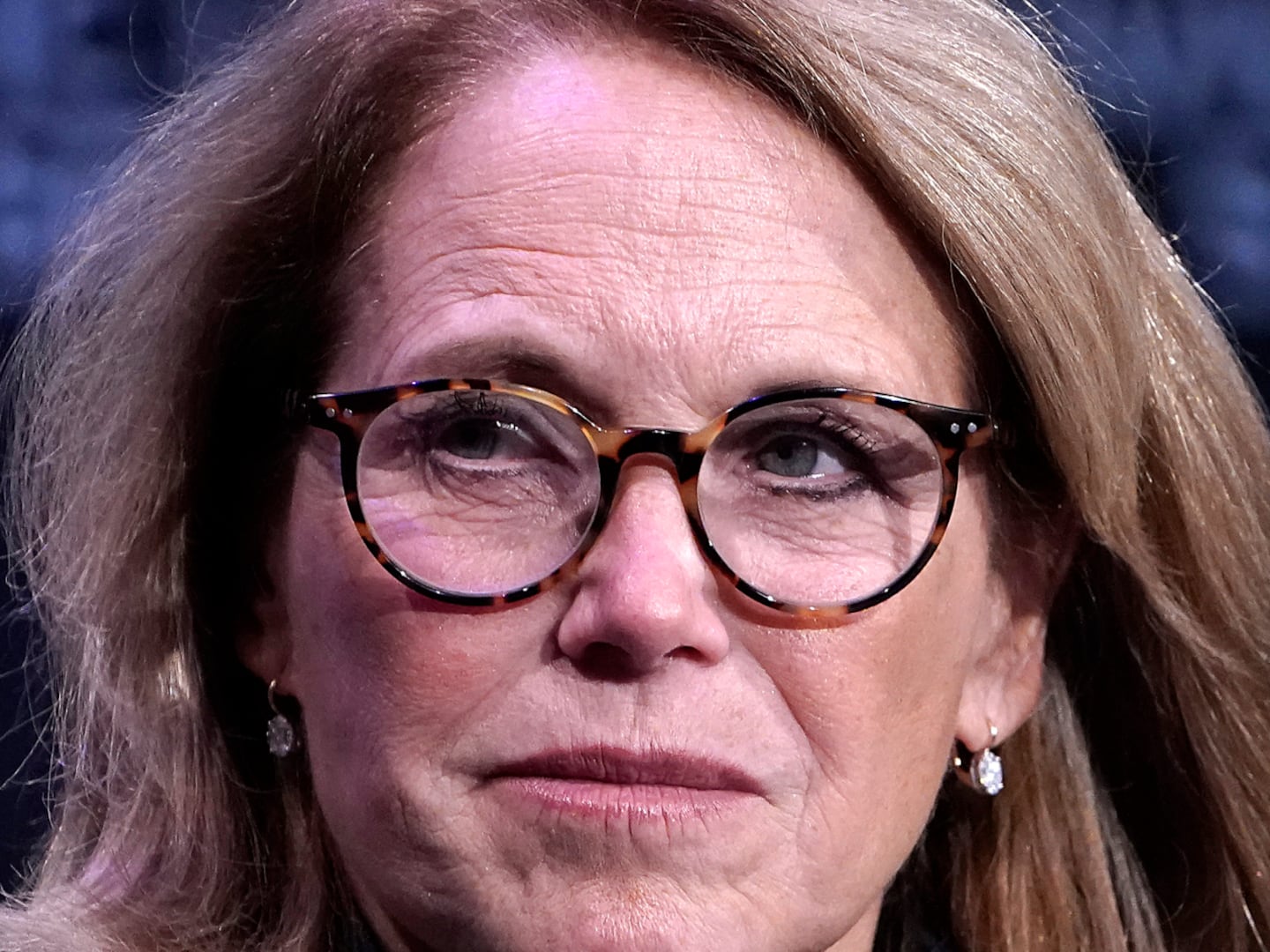Earlier this week, I Googled “neocons and Syria” and learned that the former want America to go war in the latter. The first story Google offered me was by David Corn in Mother Jones. “How to Be a Good Neocon When It Comes to Syria,” read the headline. The subtitle read: “With Obama moving cautiously, some hawks are angling for a US invasion.”

Got it, I thought. “Neocon” is a synonym for “hawk.” But then, in the first sentence, Corn wrote that the “most hawkish neocons desire ... a full US military presence in the air and on the ground.” Hmm. If some neocons are more hawkish than others, then “neocon” and “hawk” can’t be the same thing. Four paragraphs later, Corn referred to former Bush-administration ambassador to the United Nations John Bolton as a “neocon favorite.” Why just a “favorite,” I thought. Why not a “neocon” himself? Then, in the next paragraph, Corn explained that “real neocons, it seems, do not get squishy when the question is US troops on Syrian soil.” So there are fake neocons? How do you tell the difference?
Bob Dreyfuss in The Nation made things worse. “Neocons, Hill Democrats Push for War Against Syria,” read the headline of his piece. So neocons can’t be Democrats or work on Capitol Hill? Three sentences later Dreyfuss made a distinction between “neoconservatives and right-wing military types,” which presumably means that you can’t be a neoconservative while in uniform.
After that I tried Ann McFeatters in the Chicago Sun-Times, who defined neocons as “the people who got us into war in Iraq and Afghanistan” but “most” of whom “personally have never been to war.” Then I gave up.
My beef isn’t with Corn, Dreyfuss, or McFeatters. They’re symptoms of a larger problem. For decades, but especially since the Iraq War, people have been bashing neocons without coherently defining who they are. Ostensibly, the term refers to a distinct foreign-policy perspective. But no such distinct perspective still exists. To really understand the way people use the term today, you have to fuse an ideological category with a religious or ethnic one. Frequently, what neocon really means is “Jewish hawk.” In that way, it’s a bit like “gangbanger,” “mobster,” “illegal” (the noun), or even “terrorist,” terms that could theoretically refer to someone of any religious, ethnic, or racial group but in America today are often reserved for members of only one. Liberals are supposed to abhor that sort of thing and find less loaded terms where they can. Which is why we should stop using “neocon” before any more damage is done.
Once upon a time, neoconservative did mean something distinct. In the 1960s and 1970s, a group of intellectuals with roots on the left began to critique their own side. They feared that in their zeal to overcome poverty and injustice, the liberal reformers of the day were eroding the institutions that upheld social order. Yes, the police were sometimes abusive and racist, but disempowering them and letting criminals run free might prove worse. Yes, urban slums were bad, but bulldozing them in favor of housing projects drawn up on some reformers’ blackboard might cause more suffering and alienation. When the New Left, which had emerged to fight racism and the Vietnam War, began arguing not only that America needed to be radically transformed at home but that the United States was a force for evil around the world, these intellectuals counterattacked. By the 1980s, some of them, like Jeane Kirkpatrick, Irving Kristol, and Norman Podhoretz, had drifted into the Republican Party and truly earned the name “neo”—or new—conservatives. Others, like Daniel Bell, Nathan Glazer, and Daniel Patrick Moynihan, never did.
But whether or not they embraced the term, for a time in the 1970s the people called neoconservatives did believe something distinct. Unlike mainstream conservatives, they believed in government intervention in the economy. They did not consider the welfare state a threat to individual freedom. But unlike mainstream liberals, they thought government intervention had overreached. And despite Vietnam, they believed the Cold War was still worth fighting. Many of these early neoconservatives were Jewish. Some—like Kirkpatrick, Moynihan, and Sen. Henry “Scoop” Jackson—were not. But because the term referred to something ideologically distinct, it was at least possible to use it as something other than code for Jews.
By the 1990s, neoconservatism meant something very different. A younger group of neocons was gaining prominence: people like Irving Kristol’s son, William; columnist Charles Krauthammer, and former Bush-administration officials Paul Wolfowitz, Robert Kagan, and Elliott Abrams. More firmly ensconced than their elders in the GOP, these “second generation” neocons did not champion a distinct domestic agenda. They either echoed the right’s hostility to the welfare state or ignored the subject entirely.
But when it came to foreign policy, these new neocons did advocate something distinct. In the 1990s, many on the right—including, ironically, some of the older neoconservatives—argued that with the Soviet Union gone, the United States could retreat from its global commitments. “Most of the important military obligations that we assumed were once important are now outdated,” wrote Kirkpatrick in 1990. Irving Kristol called for withdrawing U.S. troops from Germany. In 1996 Pat Buchanan, arguing that America must resign as global policeman, won New Hampshire’s Republican presidential primary. Speaking in 2000 about his Republican colleagues in Congress, Sen. John McCain observed that “an issue or crisis comes up, and their reaction is almost Pavlovian: don’t send troops.”
The second-generation neoconservatives, by contrast, argued that even without a clear global adversary, the United States should use its superpower status to prevent new contenders from arising. Instead of allowing anti-American regimes to gain the strength that might come from acquiring weapons of mass destruction, America should disarm or overthrow them, thus nipping potential dangers in the bud. “The United States may be faced with the question of whether to take military steps to prevent the deployment or use of weapons of mass destruction,” wrote a draft of the 1992 “Defense Planning Guidance” produced in Wolfowitz’s Pentagon office. Added William Kristol and Kagan in 2000, “The United States can set about making trouble for hostile and potentially hostile states rather than waiting for them to make trouble for us.”
Many prominent second-generation neocons were Jews. Some—like Zalmay Khalilzad, the Wolfowitz deputy who wrote the “Defense Planning Guidance,” and John Bolton of the American Enterprise Institute—were not. But in the 1990s, they all believed in expanding America’s global military dominance and confronting potential threats through preventive war, regime change, or both. And this made “neoconservative” in the 1990s, as in the 1970s, a term with some ideological coherence, a term that meant more than just “hawkish Jew.”
That’s less true today. In the 1990s, men like Kristol, Bolton, Wolfowitz, and Krauthammer differed from other prominent conservatives in their demand that the United States pursue an aggressive foreign policy even in the absence of a Cold War–style threat. But for almost everyone who mattered on the right, that kind of threat returned on 9/11. In an instant, the distinction between neoconservative and plain old conservative foreign policy shrank. Almost every Republican in Congress, even those who had been anti-interventionist in the 1990s, supported invading Afghanistan and Iraq. So did President George W. Bush, who in 2000, while Kristol and Kagan were calling for preventive attacks on potentially hostile regimes, had said in his second debate with Al Gore that “I just don’t think it’s the role of the United States to walk into a country [and] say ‘We do it this way; so should you.’”
It’s understandable that “neoconservative” became so ubiquitous after 9/11. Once the World Trade Center fell, Bush adopted the strategy of preventive war, regime change, and military expansion that the neoconservatives had advocated in the 1990s. But after he did, it stopped being distinctively neoconservative. Even today, more than a decade later, the Cold War mindset reborn after 9/11 enjoys broad support on the right. With the exception of Ron and Rand Paul, virtually every national Republican politician insists that America cannot accept an Iranian nuclear weapon. Virtually all oppose large cuts in the defense budget. Virtually all believe the United States remains at “war” with jihadist terror. If espousing these views makes you a neoconservative, then every major Republican presidential aspirant in 2012 except Paul and perhaps Jon Huntsman deserved the label.
I suspect this accounts for the ambiguity in Corn’s Mother Jones article about the relationship between neocons and hawks. If the two are synonymous, then neocon is too broad to serve much use, as the vast majority of Washington conservatives today are hawks. But if neocons are merely one kind of hawk, then what distinguishes them from all the rest?
One answer is faith in democracy. The neocons, some have suggested, are democratic expansionists. All hawks want America to extend its global dominance. The neocons believe extending democracy is crucial to that effort. Ergo: neocons are a distinct group.
The problem is that if you read the core statements of second-generation neoconservatism as it emerged in the 1990s—Krauthammer’s essays, the “Defense Planning Guidance” that Khalilzad wrote under Wolfowitz and Dick Cheney’s auspices, Kristol and Kagan’s call for a “neo-Reaganite” foreign policy, and the letters issued from their think tank, Project for a New American Century—they’re not primarily about spreading democracy. They’re about spreading American dominance.
It’s true that some neoconservatives believe the two are closely intertwined. In the 1990s, Kristol and Kagan backed Bill Clinton’s humanitarian wars in Bosnia and Kosovo. Kristol, Kagan, and Abrams all championed the revolution against Hosni Mubarak. But other key second-generation neocons disagree. Krauthammer called Clinton naive for expending blood and treasure to protect human rights and self-determination in the Balkans. “The essence of foreign policy,” he wrote during Kosovo, “is deciding which son of a bitch to support.” In 2002, he wrote of Pakistan’s Pervez Musharraf that “we often need such dictators to win the larger struggle against a global threat to liberty.” In post-Mubarak Egypt, he’s argued that America should “do everything behind the scenes to help the military.” Bolton has also praised Musharraf, arguing that democracy is not “always the answer” and warning that letting the Muslim Brotherhood run in elections would put Egypt on the “road to disaster.”
One might argue that because they’re less enthralled with democratization, Krauthammer and Bolton aren’t real neocons. But it’s a mistake to put democratization at neoconservatism’s core. Kristol, Kagan, and Abrams are more optimistic than Krauthammer and Bolton that democracy can promote American hegemony, but even for them, democracy is valuable primarily as a means to that end. Kristol and Abrams, for instance, are sympathetic to bombing Iran even though it would be a disaster for the democracy movement there. And neither show much concern about the fundamentally undemocratic nature of Israeli control of the West Bank.
Besides, even if democratic expansionism were neoconservatism’s essence, journalists don’t define it that way. In February 2012, citing Abrams and Kristol’s support for the Egyptian uprising that brought the Muslim Brotherhood to power, an article in The Star-Ledger of Newark, New Jersey, asked, “How’s that Arab Spring working out for you, neocons?” Later that year, an article in the New Statesman, citing Krauthammer’s pessimism about Egypt’s revolution, declared, “Ignore the neocons—I refuse to give up on Egypt, or the Arab Spring.” Each article, in other words, identified “neocon” with a polar-opposite view of the Arab Spring.
Too often, what determines whether someone gets called a neocon is not what they believe but whether they’re Jewish. In his article, Corn identifies Richard Perle and the American Center for Democracy’s Rachel Ehrenfeld as neocons, while calling Sens. Lindsey Graham and John McCain hawks. But even if you believe neocons are especially interested in democracy promotion, Graham and McCain deserve the label as much as the others. Similarly, according to Google, articles including the words “neocon” or “neoconservative” comprise a far higher percentage of the references to Joe Lieberman than to McCain or Graham, even though the “three amigos” famously share similar foreign-policy views.
For his part, Dreyfuss sees Gen. Jack Keane as emblematic of “right-wing military types” while associating the American Enterprise Institute’s Danielle Pletka with “neoconservatives.” Yet he doesn’t in any way distinguish their beliefs, leading the reader to surmise that what makes Pletka a neoconservative isn’t what she believes but where she works and who she is.
There’s a better way. Retire “neocon,” which is rarely used coherently, if it even can be anymore, and often leads commentators (sometimes unwittingly) into dangerous territory. Call the people who want America to dominate the world militarily without the constraints of international institutions and international law “imperialists.” Yes, the term has negative connotations, but what distinguishes people like Kristol and Abrams from those liberals who also support military force in places like Bosnia and Syria is precisely the former’s open scorn for the idea that America should be bound by rules that other nations help craft. Liberal interventionists trace their intellectual ancestry to Woodrow Wilson, who tried to turn international affairs into a sphere regulated by law. Neocons scorn Wilson and revere Theodore Roosevelt, who believed, at least for part of his career, in unfettered American power.
Roosevelt is commonly called an imperialist. And some of his neocon disciples have embraced the term too. After 9/11, Max Boot argued in The Weekly Standard that the United States should “embrace its imperial role.” Niall Ferguson, who would be ranked among the world’s most prominent neoconservatives if he hadn’t been born a Christian in Scotland, has written an entire book arguing that America is an empire and should be a better one.
If people like Kristol and Abrams think “imperialist” undersells their commitment to universal ideals, they can call themselves “democratic imperialists,” thus distinguishing themselves from “realist imperialists” like Krauthammer and Bolton. This typology also offers a comfortable niche for Ron and Rand Paul, who, although commonly called isolationists, don’t want to isolate America from international commerce. A better term for them is “anti-imperialist,” or what Walter Russell Mead has called “Jeffersonian,” as their core belief is that America’s transformation from a republic into an empire imperils freedom at home.
I don’t know whether the “neocons” themselves will embrace this new terminology. But liberals should. It’s fine to criticize our ideological adversaries as long as it’s for what they believe. Just not for who they are.






